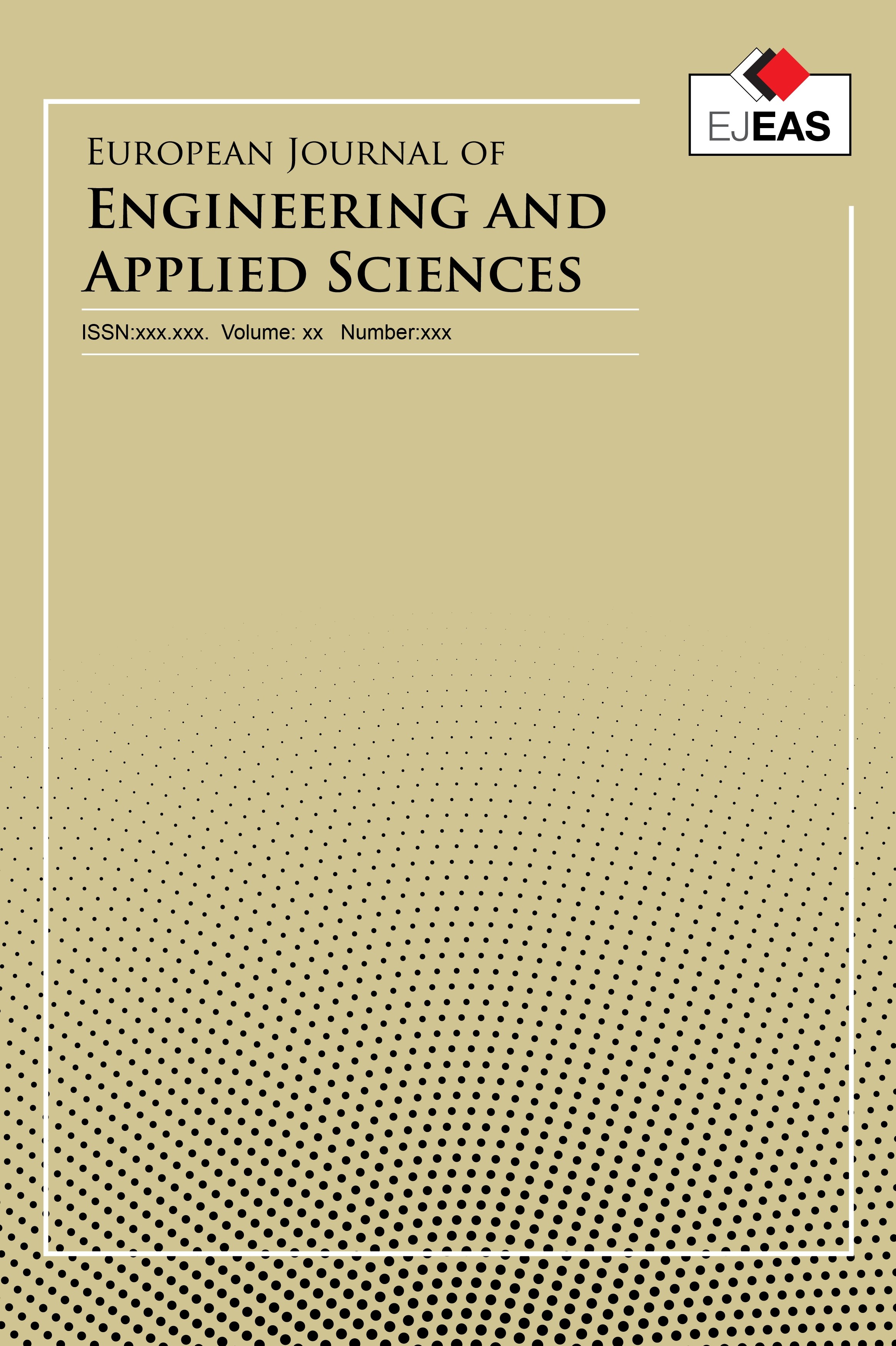Endüstri 4.0 Perspektifinde Sanayide Dijital Dönüşüm ve Dijital Olgunluk Seviyesinin Değerlendirilmesi
Üretim ve hizmet sistemlerinde; tüm değer zincirinin birbiri ile gerçek zamanlı entegrasyonu ve sürekli iletişim içinde akıllı ve kendisini uyarlayan bir sistem döngüsünün sağlanması, ülkelerin rekabet gücü açısından çok büyük önem arz etmektedir. Endüstri 4.0 (d)evrimi perspektifinde; bu sistemlerin oluşturulması ve sürdürülebilirliği, büyük veri analizleri, 3D yazıcılar, akıllı sensörler ve akıllı şebekeler gibi birçok gelişmiş teknolojinin üretim ve hizmet süreçlerine entegrasyonunu ve değer zincirindeki tüm süreçlerin dijitalleşmesini zorunlu kılmaktadır. Bu kapsamda; değer zincirinin geleneksel süreçlere direk ya da dolaylı katkıda bulunan her bir etkenin dijital ekosistem sayesinde; birbiriyle iletişim kurması sonucunda üretim hızının ve süreç verimliliğinin artırılması mümkün olacaktır. Dijital teknolojiler; üretimin yanısıra, işlerin, iş yapma modellerinin ve insan kaynağının da dönüşmesine neden olduğu için, atık üretiminin azaldığı ve verimin arttığı bir üretim süreci oluşturacaktır. Bu durum döngüsel ekonomiyi destekleyerek sürdürülebilirliğe katkı sağlayacaktır. Bu çalışmada; Endüstri 4.0 perspektifinde, Dünyada ve Türkiye’de dijitalleşme sürecinin mevcut durumu irdelenmiş olup, ekonomik kalkınma süreci için, sanayide bir kaldıraç olarak kullanılabilecek dijital dönüşüm ve dijital olgunluk düzeyi değerlendirilmiştir.
Anahtar Kelimeler:
Endüstri 4.0, Sanayi, Dijital dönüşüm, Dijital olgunluk seviyesi
Evaluation of Digital Transformation and Digital Maturity Level in Industry from Industry 4.0 Perspective
The real-time integration of the entire value chain in production and service systems and the provision of a smart and adaptive system cycle in constant communication is crucial for the competitiveness of countries. The creation and sustainability of these systems in the perspective of the Industry 4.0 revolution; it requires the integration of many advanced technologies such as big data analysis, 3D printers, smart sensors and smart networks into production and service processes and the digitalization of all processes in the value chain. In this context, it will be possible to increase the production speed and increase the process efficiency by lowering the costs as each factor directly or indirectly contributing to the traditional processes of the value chain communicates with each other through the digital ecosystem. Not just production; thanks to digital technologies that transform jobs, ways of doing business and human resources; more efficient and less waste production processes will take place. This will contribute to sustainability by supporting the circular economy. In this study; 4.0 Industry perspective is examined current state of the digitization process in the world and Turkey and digital conversion and digital maturity level that can be used as a lever for economic development in the industry were evaluated.
Keywords:
Industry 4.0, Industry, Digital conversion, Digital maturity level,
___
- [1] T. Bauernhansl, M. t. Hompel ve B. Vogel-Heuser, Industrie 4.0 Produktion, Automatisierung und Logistik: Anwendung - Technologien - Migration, Wiesbaden: Springer Vieweg, 2014. [2] E. Westkämper, Towards the Re-Industrialization of Europe: A Concept for Manufacturing for 2030, Berlin: Springer Verlag , 2014. [3] «Digital Transformation of European Industry and Enterprises: A report of the Strategic Policy Forum on Digital Entrepreneurship,» European Commission, Brussels, 2015.[4] P. Gerbert , M. Harnisch, P. Engel, J. Justus, M. Rüßma, M. Lorenz ve M. Waldner, «Industry 4.0: The Future of Productivity and Growth in Manufacturing Industries,» 2015.[5] A. Trenkle, «Industry 4.0 Challenges Applications and Potentials,» %1 içinde Uluslararası İleri Endüstriyel Otomasyon Kongre ve Sergisi, İstanbul, 2014. [6] «Türkiye'nin Küresel Rekabetçiliği için Bir Gereklilik Olarak Sanayi 4.0: Gelişmekte Olan Ekonomi Perspektifi,» Boston Consulting Group, İstanbul, 2016.[7] M. S. Çeliktaş, G. Sonlu, S. Özgel ve Y. Atalay, «Endüstriyel Devrimin Son Sürümünde Mühendisliğin Yol Haritası,» Mühendis ve Makina, cilt 56, no. 662, pp. 24-34, 2016. [8] R. McManus, M. McDonald ve L. Henneborn, «Digital Double-Down: How Far Will Leaders Leap Ahead?,» Accenture, 2014.[9] «"Akıllı" Yeni Dünya: Dördüncü Sanayi Devrimi,» EKOIQ: Endüstri 4.0, 2014. [10] «Türkiye’deki Dijital Değişime CEO Bakışı,» TÜSİAD, İstanbul, 2016.[11] «Türkiye'nin Sanayide Dijital Dönüşüm Yetkinliği,» TÜSİAD, 2017.[12] «Industry 4.0 How to navigate digitization of the manufacturing sector,» McKinsey & Company, 2015.[13] P. Gerbert , M. Lorenz , M. Rüßma, M. Harnisch, P. Engel, J. Justus ve M. Waldner, «Industry 4.0: The Future of Productivity and Growth in Manufacturing Industries,» Boston Consulting Group, 2015.[14] A. Konak, «Yüksek Teknoloji İçeren Ürün İhracatının İhracat Hacmi ve Ekonomik Büyüme Üzerine Etkisi; Seçilmiş OECD Ülkeleri ve Türkiye Örneği,» Yönetim, Ekonomi, Edebiyat, İslami ve Politik Bilimler Dergisi, cilt 3, no. 2, pp. 56-80, 2018. [15] E. Bulut ve T. Akçacı, «Endüstri 4.0 ve İnovasyon Göstergeleri Kapsamında Türkiye Analizi,» ASSAM Uluslararası Hakemli Dergi, no. 7, pp. 50-72, 2017. [16] H. Kagermann, W. Wahlster ve J. Helbig, «Recommendations for Implementing the Strategic Initiative INDUSTRIE 4.0,» Working Group, Frankfurt, 2013.[17] «Dijital Dönüşüm,» Şubat 2018. [Çevrimiçi]. Available: https://infoloji.com/wp-content/uploads/2018/03/2-dijital-donusum.pdf.[18] C. Sağıroğlu, «Üretimde Dijital Dönüşüm,» %1 içinde Bilişimle-Gelişim: Türkiye’de Dijital Dönüşüm, Ankara, 2018. [19] B. Ege, «4. Endüstri Devrimi Kapıda mı?,» Bilim ve Teknik, no. 558, pp. 27-29, 2014. [20] «Türkiye'nin Sanayi Devrimi "Dijital Türkiye" Yol Haritası,» T.C. Bilim, Sanayi ve Teknoloji Bakanlığı, 2018.
- ISSN: 2651-3412
- Yayın Aralığı: Yılda 2 Sayı
- Başlangıç: 2018
- Yayıncı: Tekirdağ Namık Kemal Üniversitesi
Sayıdaki Diğer Makaleler
Günay YILDIZ TÖRE, Burak SARIGÜL
Pelin ÖZTÜRK, Hafiz ALİSOY, Reşat MUTLU
Yün Dokuma Kumaşların Çekme Davranışları Üzerine Bir Çalışma
Fatih KARAASLAN, Hikmet Ziya ÖZEK
Halılarda İlmek Çıkma Sorunu İçin Yenilikçi Bir Çözüm Yaklaşımı
Halil İbrahim ÇELİK, Özkan BOZOĞLAN
Fire-off’un Pamuk ve Pamuk/Polyester Kumaşlarda Yanma Davranışının İncelenmesi
RFID Tabanlı Üretim Takip Otomasyonu Sistem Tasarımı ve Uygulaması: Metal Sektörü Saha Çalışması
Metal Tel İçeren Kumaşların Isınma ve İletkenlik Özellikleri
